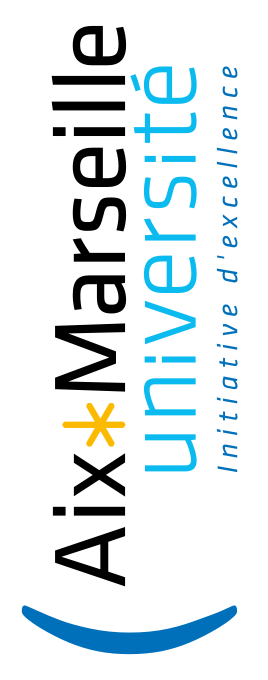Multiphysics Modeling

Courses & Schedule
The program is organized in 2 independant semesters.
S1 - CoursesSept - Jan, 30 ECTS
Fluid Structure Interactions4 ECTS
D. Barros (Ecole Centrale, resp.), A. Launet (LMA)
This introductory course to the vast subject of Fluid Structure Interaction is divided in two parts.
The first part deals with solid mechanics. The equations for beams and plates are derived owing to a variational approach after a brief recall of continuum mechanics. In that context, application covering the frames of quasi-static and dynamics are considered.
The second part introduces the scaling approach to model a general coupled fluid-solid problem. Multiple fluid-structure interaction problems related to both past and current research trends will be presented, including fluids at rest, the added mass concept, a glimpse on aeroelasticity, flow induced vibration models, and other hydrodynamic problems such as liquid sloshing, wave/structure interaction and biolocomotion.
Machine Learning Systems for Mechanics4 ECTS
C. Eloy (IRPHÉ, resp.), D. Zarzoso (M2P2)
This course introduces the basic principles of machine learning and their applications to the design of machine learning systems. Lectures will be combined with hands-on programming sessions so that students can learn how to apply machine learning technology to address mechanical engineering problems.
- Linear regressions
- Gradient descent
- Classification
- Data reduction
- Neural networks
- Deep supervised learning
Complex & Heterogeneous Materials4 ECTS
M. Nicolas (IUSTI, resp.), U. D'Ortona (M2P2), A. Bordoloi (IRPHÉ)
Complex and heterogeneous materials are ubiquitous (e.g., powders and grains in the agribusiness, colloids in cosmetics, biological fluids and tissues, foams, gels and suspensions in food products, CO2 storage, erosion...). This course provides the knowledge and methods necessary to understand and model these complex fluids and solids.
- Rheology of complex fluids (incl. multiphase flows)
- Interfacial and capillary phenomena
- Porous and granular media
- Beyond Hookean solids
Capillarity & Mixing4 ECTS
E. Villermaux (IRPHÉ, resp.), H. Lhuissier (IUSTI)
This course discusses the physics of capillary phenomena and mixing processes. It addresses fundamental principles and practical aspects, using a mechanism-rooted description illustrated with many laboratory experiments from ongoing research.
- How surface tension shapes liquids ?
- How irreversibility occurs as a consequence of molecular diffusion ?
- How these effects set the scales, similarities or self-organization of phenomena encountered from molecular to planetary scales ?
Numerical Modeling4 ECTS
M. Abid (IRPHÉ, resp.), B. Favier (IRPHÉ), I. Cheylan (M2P2)
After a hands-on course on numerical modeling, students choose a project, tutored by a researcher expert on the topic. Through this practical experience, they learn to design a model, choose the suitable numerical tools, and develop a critical viewpoint on their results.
- Hands-on course on Latice Boltzmann Methods
- Hands-on course on Spectral Methods
Bio-Inspired EngineeringElective, 4 ECTS
Y. Forterre (IUSTI, resp.), C. Eloy (IRPHÉ), J. Marthelot (IUSTI), T. Engels (ISM)
The goal of this course is to study biological processes from an engineering/physics perspective in order to develop new bio-inspired strategies. It consists of 4 introductory lectures on current biomechanical topics in plants and animals, followed by a group project on R&D topics.
- Moving without muscle: the power of plants
- Planktonic navigation
- Bio-inspired morphing of soft solids
- Flying insects: lessons from the masters of the aerial kingdom
Transport by TurbulenceElective, 4 ECTS
G. Verhille (IRPHÉ, resp), F. Candelier (IUSTI)
Even if at first sight one could think that there is no common points between the advection of plankton in the ocean, clouds formation, plastic pollution of the ocean, spreading of pollens, in reality they are all related to the transport of particles in turbulent flow. The objective of the course is to present the basis of the current knowledge in this field of research through both lectures and hands-on activity.
- Dispersion in turbulence
- Influence of particle inertia and shape
- Aggregation and fragmentation processes in turbulence
Professional Project3 ECTS
Support towards professional insertion.
Foreign Language3 ECTS
French or English.
S2 - InternshipFebr. - July, 30 ECTS
Research internship in a lab or company (5 to 6 months), including written report and oral defense. Students are encouraged to do an internship abroad. If needed, we can provide help through our network of collaborators in prestigious labs (Harvard, Cambridge, Melbourne, Berkeley, etc...).
